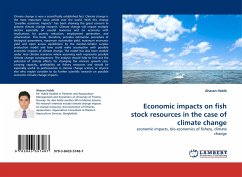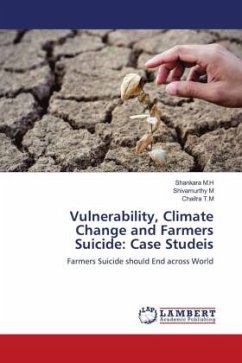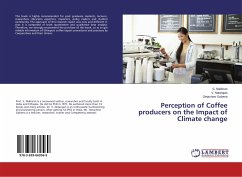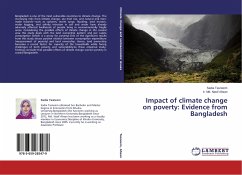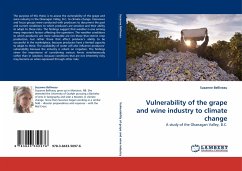Much of current biofuel production risks tying energy supply into highly unsustainable agricultural practices. NGO groupings such as Biofuelwatch et al (2007) also detail human rights abuses associated with the cultivation of biofuel feedstocks.Opposing claims are made with respect to Jatropha, which is being touted not only for large scale plantations for biodiesel that avoid the present problems surrounding the biofuel cultivation, but also for the economic development of poorer farmers in the tropics and sub-tropics. Given these conflicting claims (which may well relate to site-specific circumstances) and the need for impartial information, this study is intended to provide an independent account of stakeholder views of jatropha cultivation in in Northern and Southern India.
Bitte wählen Sie Ihr Anliegen aus.
Rechnungen
Retourenschein anfordern
Bestellstatus
Storno



